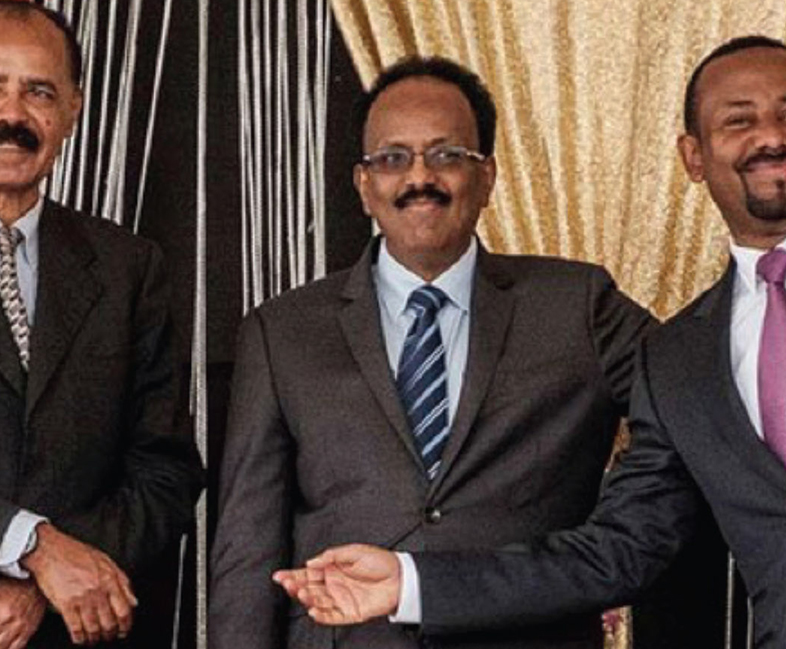- Home
- About API
- Our Experts
- Publications
- Our Centers
- Policy Forums
- Speeches
- Events
- Multimedia
- Mon-Fri (9:00 am-7.00 pm)
- [email info@apiafrica.org]
- +254 706 670 965
- Mon-Fri (9:00 am-7.00 pm)
- [email info@apiafrica.org]
- +254 706 670 965

The new wave of ethnic tensions and anti-government unrests are rolling back the gains of democratic uprising in the Horn of Africa. In Ethiopia, ethnic extremism and violence has displaced 1.4 million in Oromia region, the largest number of new displacements of any country in the world according to the UN Refugee Agency (UNHCR). Fresh clashes between the Oromo and Gedeo in Oromia’s West Guji zone at the end of 2018, displaced an estimated 2.4-3 million people. Ethiopia has increasingly become a hanging state as armed groups resort to violence to take over local governments, asserting exclusive ethnic citizenship and intimidating or forcibly expelling other ethnicities settled in their ethnic territory. Further, Somalia faces the unique problem of hewing a state for diverse and antagonistic clans, challenging effective cooperation between the Central Government and key Federal Member States
As Ethiopia heads to the May 2020 election, democratic revolution is giving way to a new wave of militarism in the Horn of Africa. Ethiopia is charting its own hegemonic agenda with the unfolding geopolitical power theatrics in the region, expanding and modernizing its military to assert its hegemony and access to ports in Somalia’s Indian Ocean seaboard.
Democratic reforms that seek to change Ethiopia’s old model are proving mission impossible, after Abiy’s new reforms to dismantle the old order weakened the Ethiopian state, giving new energy and impetus to ethno-nationalism, secessionism and soared up inter-ethnic animosity and clashes.
Download PDF